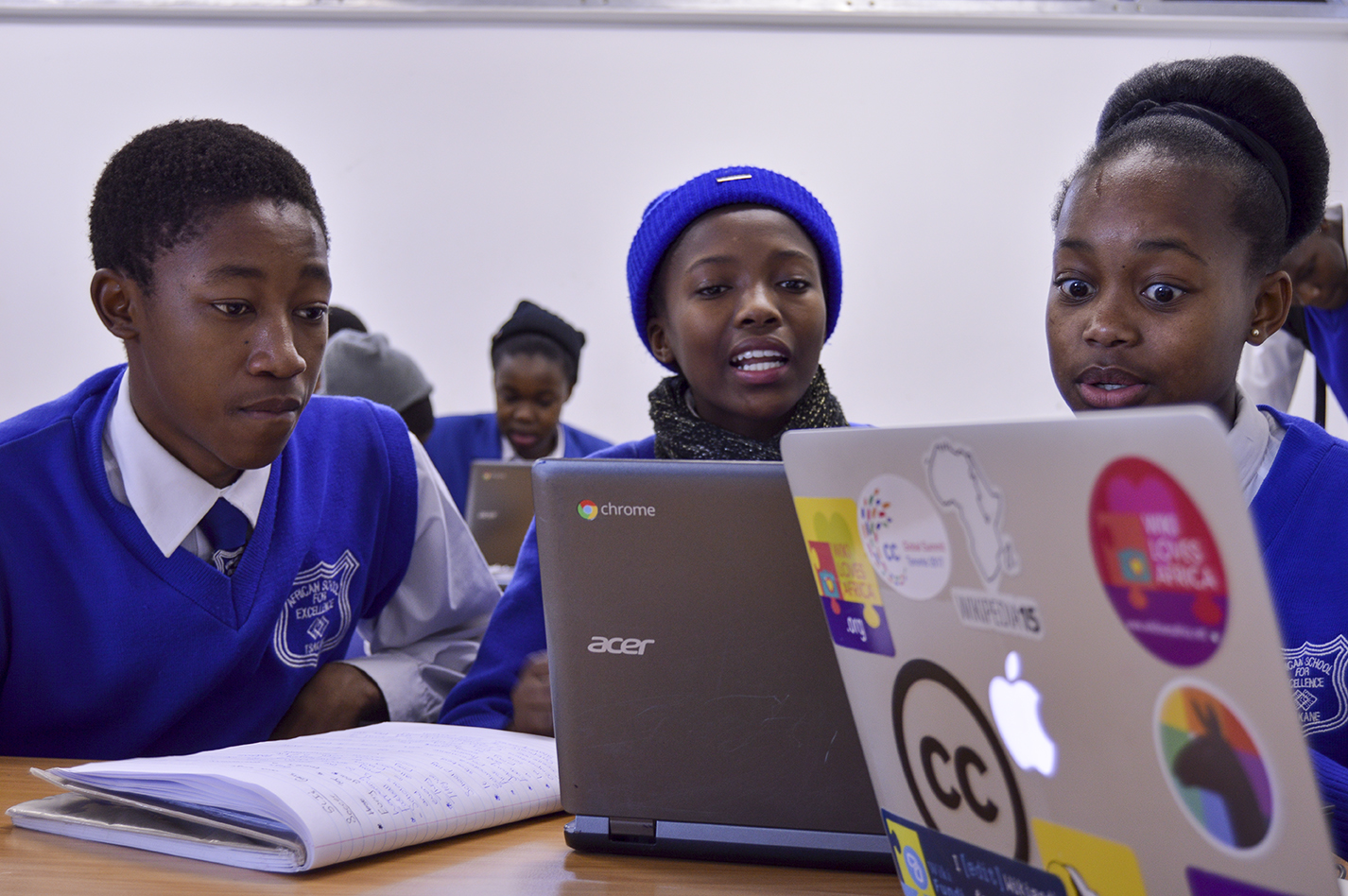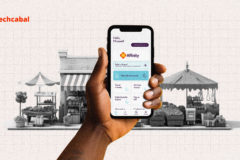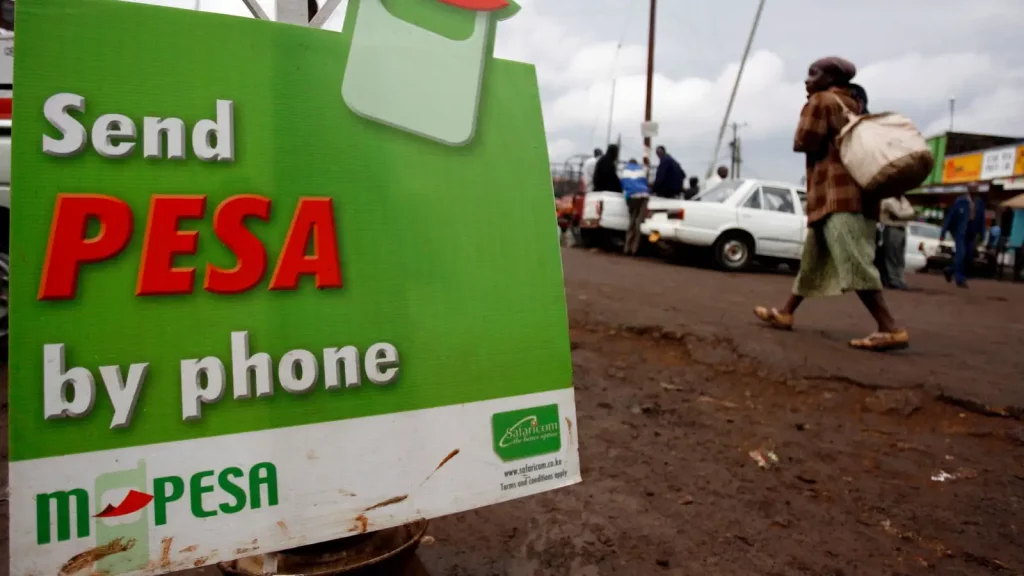The United Nations Educational, Scientific and Cultural Organization (UNESCO) says 91.3% of the world’s learning population have now been impacted by global shutdowns to curb the spread of the C0VID-19 virus as at April 5, 2020. This means over 1.5 billion students in 188 countries are currently out of their classrooms with no timeframe as to when they might return.
In spite of infrastructure challenges like internet access, data costs and power availability, edtech companies are increasingly stepping in to help learners and teachers continue with their studies while at home as well as parents whose wards and children have completed the term and need to stay occupied now that at-home holiday lessons can no longer continue.
A goldmine for edtech startups
There are various edtech companies providing a wide range of learning tools for primary, secondary and pre-university students across the continent and everyone will agree that the time is ripe for these startups to grow whether it is in brand awareness or user base. Given the ongoing health crisis, more and more of these organisations are placing social impact ahead of profits at a time when it is most needed.
Last month, when TechCabal spoke to the CEO of Kenya-based eLimu just shortly after schools in Kenya were shut down, the company was yet to see the impact of the lockdown on their product save that users were spending longer hours on the platform. But that has changed.
“Our numbers are not only back to normal, but a little above it, sometimes over 3,000 per day,” Sam Rich said three days ago.
eLimu concerns itself primarily with developing learning materials and revision questions for the Kenyan Certificate of Primary Education (KCPE) examinations to equip government-distributed tablets and are also targeting this app towards parents who own mobile phones. In addition to its revision platform, it also has a literacy app, Hadithi! Hadithi! where learners in their first two years of primary school can develop literacy skills through games and fun activities.
Users are still spending longer hours on these platforms and to encourage more users to come on, the company is splitting its products into three smaller, bit-sized apps that users can download without memory constraints posed by their devices.
The subscription price of its revisions app (KCPE Exams) which will have over 100 revision papers and targeted at 13-14 year olds has been slashed by 50% to US$2 per month. The price of its literacy apps, Story Story in English and Hadithi Hadithi in Swahili, with lots of stories and exercises for 5-7 years, have been reduced by 30% and will cost US$8 for an entire library of stories.
In Nigeria, Jos-based uLesson founded by Sim Shagaya and which received US$3.1 million funding in 2019 is now delivering its learning content via a streaming platform that will cost considerably less for the next five months.
“When we launched, to solve the problem of data, we bundled our content into an SD card and dongle and shipped to the user,” Vice President, Marketing and Analytics, Al-Hassan Yusuf Junior said.
“But because of COVID-19, we had to create a stream-only service for our customers.”
uLesson’s content database comprises over 3,000 richly animated, curriculum-based, personalized video learning modules, quizzes and tests in Mathematics, Physics, Chemistry and Biology tailored to help students excel in continental examinations like the West African School Certificate Exams (WAEC), GCSE, SAT and more.
According to Shagaya, the company planned expansions across Africa, into Europe and America in 1-2 years but due to the current crisis, has opened up access to these regions.
SimbiBot is another African edtech company which says its three-tiered content is curriculum-based and is currently being accessed by over 50,000 users. The platform offers learning material in 14 different subject areas and says they have created the capacity to admit 20,000 users during this period to access a portion of the learning material for free.
“It’s still CSR for us although we are in a lot of conversation but we are particular about choosing the right partners,” said Abdulazeez Ogunjobi, Founder and CEO of the company.
The content SimbiBot provides is tiered into lesson notes (which it is making freely available); an interactive QandA segment tailored in such a way that the system determines, based on a learner’s progress, how to stagger difficulty levels of questions to suit their level of understanding; and a WhatsApp channel for learners to connect with tutors.
Edtech companies are however, not alone in their efforts to keep school going while the lockdown continues.
In Kenya, the Ministry of Education has partnered with the Kenya Broadcasting Corporation to deliver learning content through radio, television, YouTube and Cloud channels. Libya has taken a similar approach. In South Africa, telcos are zero rating learning platforms as well as directing South Africans to other online learning resources.
How about tertiary institutions?
Majority of edtech companies and current government initiatives to continue learning during the lockdown are targeted at primary, secondary and pre-university school learners primarily. And this is because continuing higher education in the current circumstances is a bit more complicated. You are talking about at least 100 different courses per department across all levels for at least three departments per faculty for at least five to six faculties per university. Creating and distributing content in this instance becomes a different ball game.
Since it was founded in 2002, the National Open University of Nigeria (NOUN) is Nigeria’s most successful Open and Distance Learning (ODL) institution. Other platforms like EduTech and Edu Platforms are subsequently helping universities take their on-campus programs online.
While this may be harder for public schools for various reasons—lack of existing frameworks for online learning, digital know-how, infrastructure challenges—private tertiary institutions like the American University of Nigeria (AUN) have already moved classes online.
In South Africa, the University of Witwatersrand has announced that classes will continue online for its students and the same is applicable to some universities in Egypt. However, there will still be millions of university students across the continent who will be unable to continue learning because the infrastructure, skill and structures are not in place to enable online or distance learning.
What will change post-coronavirus pandemic?
Al-Hassan Yusuf Junior says the most likely reaction from schools after the lockdown will be a hurried attempt to make up for lost time. This will inadvertently mount pressure on the system and schools/students who have been inactive while the lockdown lasted will feel the pressure more intensely.
“And if that happens failure rates will be high,” he added.
Abdulazeez Ogunjobi agrees that the pandemic will cause a rethink of how technology can be adapted for the education sector and open up conversations around home schooling and rethinking after-school learning activities.
“I totally see this pandemic as an opportunity for everyone to identify the power of tech. I also see parents, schools, governments, will see why they should pay for complementary learning that is tech-driven,” he said.
Yusuf says this will extend beyond the administrators or parents and trickle down to the users, the learners for whom these platforms are created.
“I see this changing the way we think about the impact of technology on education and how much we can do with it, not just on the path of the educators but also the learners as well,” he said.
“Not necessarily edtech replacing schools but serving as a support system for schools. So teachers, after now, if they come out of this on the right side, we may see teachers recommending a certain topic on a learning app for their students.”
On the other hand, the edtech companies are also using this opportunity to innovate around existing products to serve customers that they possibly would not have reached with their current offerings.
“I think we’re going to keep it, reason being that it is always good for people to have options,” Yusuf said about uLesson’s current streaming subscription service. With video lessons compressed to conserve data (7-10MB per video), the original goal of working around data costs and affordability still stands.
Just as is already happening in South Africa, Yusuf also sees this as a chance for more long lasting partnerships with telcos.
“I see that happening really fast, the conversations have started already,” Yusuf said.
In the coming months, the company is also planning content for junior secondary and primary schools as well as looking to incorporate subjects outside of the sciences.
SimbiBot says it is working with the Lagos state government to pilot the platform once the pandemic blows over and could potentially reach more students in state schools.




















